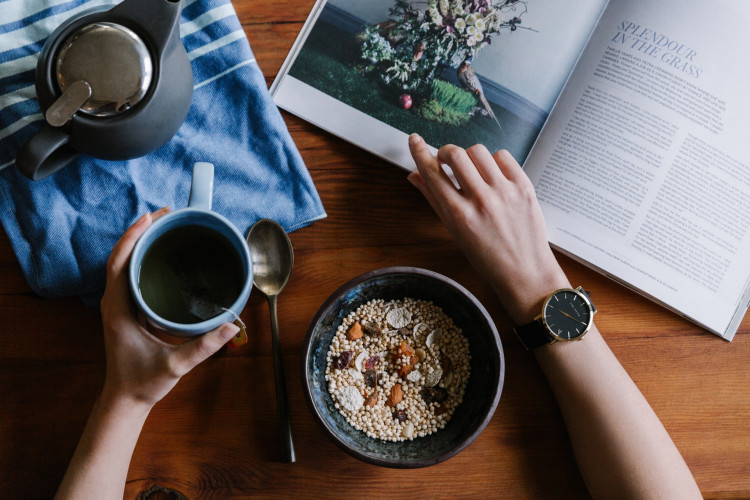"Where do you get your protein?"
Vegans asked this a whole lot. In reality, we hear it so much that we seem to forget that other people actually want to know the answer and don't just ask for it to make fun of our plant-based diet plan.
And when it comes to vegan supplements, the big thing that people like to hear about is protein.
High-protein vegan foods
If you are an omnivore, vegetarian or vegan, plant foods can be a great source of protein and can be a real value in helping to reduce animal proteins in the diet.
Nuts and seeds are very versatile and can be used with food or as a snack to ensure the preservation of sufficient protein and energy during the day. Many of the best proteins from nuts and seeds include:
- Hemp seeds
- Ground linseed
- Almonds
- Walnuts
- Pumpkin seeds
- Pistachios
- Cashew nuts
- Brazil nuts
As another easy source of protein, search for peanut butter and nut butters too but read the label to make sure they are 100 percent nuts and have no artificial oils, salt, or sugars. Just over 3g of protein is provided by one heaped tablespoon of smooth peanut butter.
Quinoa is a seed, and you will find variations that are white, red, black, or mixed. Almost 4g of protein can be provided by 100g of quinoa (cooked weight), but it is also classified as a complete protein, meaning it contains all 22 amino acids, making it a better substitute to carbs like rice and couscous.
Tofu is made from soy or bean curd, and just 100g of tofu contains 8g of protein. Tofu is very versatile, and in many ways, it can be prepared, including baking and stir-frying, as well as combining it into soups to make them more fluffy and protein-rich.
Buckwheat is a seed that is high in both protein and fiber, with 100g supplying around 5g of protein, and is gluten-free as well. Buckwheat is becoming more popular and can be found as flakes, groats, pasta, and flours that make it an exceptional addition to a vegan diet.
Nearly 2g of protein is provided by only one tablespoon of chia seeds and can be used for breakfasts, scattered over salads and soups, or as a balanced, protein-rich dessert. In vegan cuisine, they also act as an excellent substitute for eggs since they are hydrophilic and will therefore expand for around twenty minutes when immersed in water.
There has been little research into any dangers associated with high protein vegan diets, although it is still necessary to ensure that diversity exists and that consideration is paid to the requirements for minerals and vitamins, especially in pregnancy.






